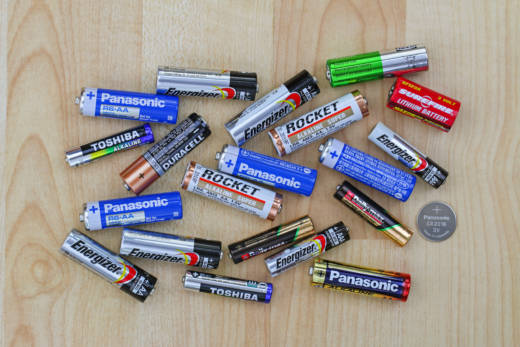Your batteries may be ticking time bombs, according to organizers behind “Avoid the Spark,” a new nationwide campaign launched in California to teach consumers how to properly store and dispose of batteries.
Technology, a hallmark of modern life, brings with it the good and the bad, and some of that bad comes in the form of improperly stored batteries. They’re blamed for the majority of fires at 26 waste facilities throughout California. And with 95 percent of Americans owning a cellphone and nearly half owning portable tablets, battery use will only increase.
Yet, according to nonprofit Call2Recycle, a North American battery recycling program, many consumers do not know how to properly handle their batteries once they reach the end of their useful lives.
A Nielsen survey commissioned by the group in 2016 found that 60 percent of consumers simply tossed out at least some of their single-use batteries, while 15 percent did the same with rechargeable batteries.
Of special concern are lithium batteries, the battery of choice for many cellphones, cameras, and computers.

